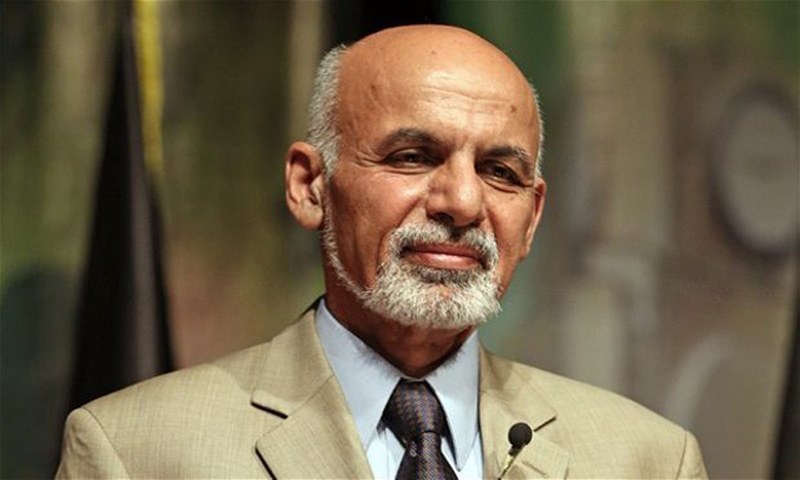News Analysis |
Afghan President, Ashraf Ghani demanded a clean break from the past and reiterated that belligerents should think to end the war in the country instead of winning it. Ghani emphasized this during Pakistan’s National Advisor Gen. Janjua’s day-long visit to Kabul on March 18, 2018.
Ghani also offered unconditional peace talks to the Taliban during the first day of Kabul Peace Conference on February 28, 2018. The US, China, and Pakistan have put weight behind this initiative. Initially, the Taliban gave a cold response to this offer claiming that Ghani has no affiliation with the Afghan people.
Janjua also met with his Afghan counterpart, Haneef Atmar and said, “It was time to build bridges between the two countries. We have a shared history and a shared future. That is what our ancestors left for us and we have to leave for our children.”
Talking about Pakistan’s role Ghani said, “Let’s not remain prisoners of the past and let’s secure our future with the aim not to win the war, but to end it, for which Pakistan should help [Afghanistan].” Pakistan remained a frontline state in the war against terrorism and always appreciated any initiative by any country whether Russia, the US, or China for the stability and peace in South Asia.
Ghani also showed his willingness to work on a comprehensive framework with Pakistan to enhance bilateral relations. Regarding the regional connectivity, he said that the geographical proximity can be best utilized by connecting the Central Asian resource rich states with the Arabian Sea through Afghanistan and Pakistan. He stated, “Without each other, we are not complete.”
Read more: Potential issues of Afghanistan’s inclusion in OBOR
Though India is playing an active role in Afghanistan, it has its own strategic objectives. For India, the successful development of Chabahar Port requires a stable Afghanistan in order to reach Central Asian Republics. Simultaneously, Pakistan’s access from Peshawar to Kabul to Central Asia under the China Pakistan Economic Corridor also requires a peaceful Afghanistan.
All these stakeholders have been striving to end the war in Afghanistan but Pakistan has always been targeted or criticized for not playing sufficient role in this regard. The US began this war against terror, therefore, it is expected to play a leading role for finding a political solution to end this conflict. The US needs to involve all stakeholders and those that have been affected by the ‘war on terror’ in order to find a peaceful solution to end the war. However, it has been reported that Defense Secretary Mattis has sent more troops to Afghanistan with hopes to end Afghan war.
Ghani has also offered unconditional peace talks to the Taliban during the first day of Kabul Peace Conference on February 28, 2018. The US, China and Pakistan have put weight behind this initiative.
16 years, thousands dead and yet no end in sight, ‘war on terror’ can be called a costly failure. More than 2,200 US troops have been killed in Afghanistan. Hundreds of thousands of Afghan civilians and military have also died in the conflict.
Last but not the least, the Afghan Taliban themselves should play their part in the peace negotiation and accept Ghani’s invitation. US Defence Secretary James Mattis has said: “There is interest that we’ve picked up from the Taleban side.” Hence, it is also a historic opportunity for Pakistan to support Ghani’s comprehensive peace plan, as it will pave way for political stability in Afghanistan.
Read more: America’s “Game Changer” approach for victory in Afghanistan
The insurgent group has said it is prepared to negotiate, but only with the US and not with the Kabul government. But Gen Mattis reiterated the US position, that the talks should be led by Kabul. Eventually, this will be leading towards a win-win situation for not only both countries but for the whole region. Putting weight behind President Ghani, Pakistan can lessen or counterbalance India’s growing influence in Afghanistan.














